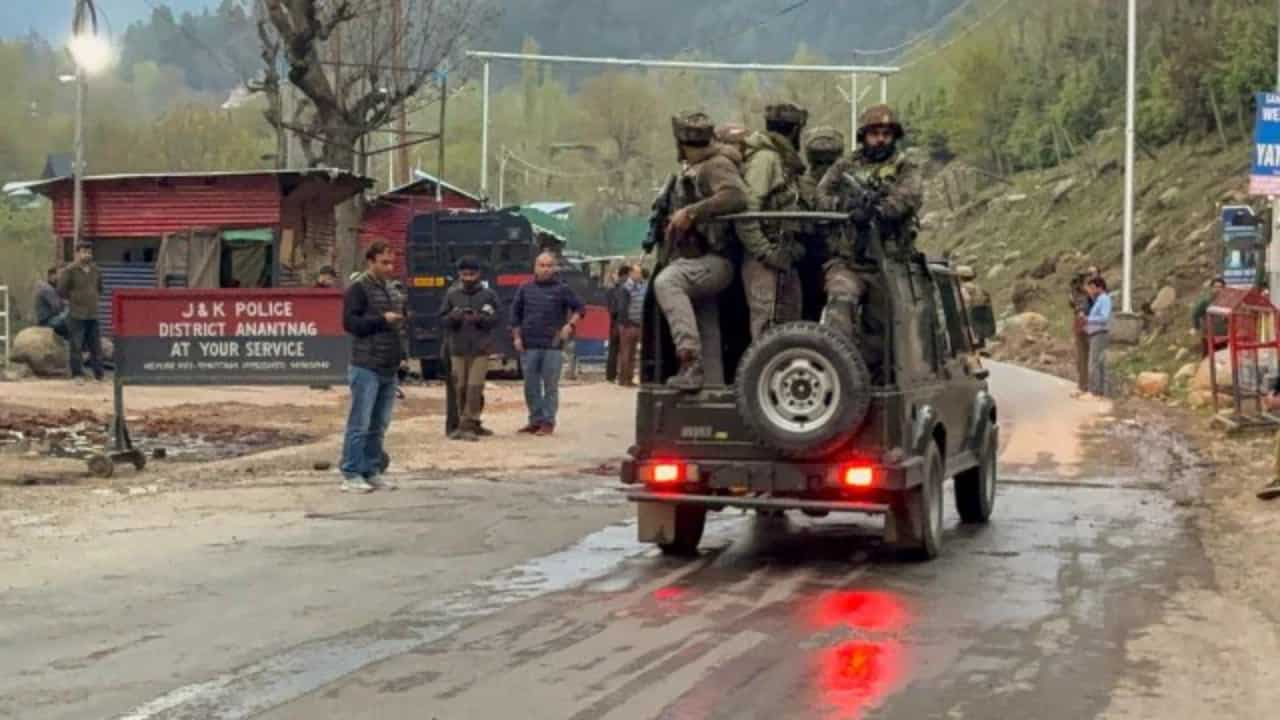The Indian government has officially suspended the Indus Water Treaty (IWT) with Pakistan following a high-level Cabinet Committee on Security (CCS) meeting. The decision comes in response to the recent terror attack in Pahalgam, Jammu and Kashmir, and marks a significant shift in India’s diplomatic and strategic approach toward Pakistan.
The IWT, signed in 1960 and brokered by the World Bank, has long been recognised as a landmark in cross-border water sharing. For over six decades, it governed the allocation of the Indus River system between India and Pakistan, even amid wars and political disputes. With the latest move, India is signalling a tougher stance by using control over water resources as a diplomatic lever.
Signed in 1960, the IWT is often hailed as the world’s most durable water-sharing pact, having survived wars and political tensions between the two neighbours for over six decades. With India now freezing its commitments under this treaty, concerns are mounting over what this means for Pakistan’s already fragile agricultural backbone.
What is the Indus Water Treaty?
-
The IWT was signed on September 19, 1960, by India’s first Prime Minister Jawaharlal Nehru and Pakistan’s then-President Ayub Khan, with World Bank as a guarantor.
-
The treaty allocated control over six rivers of the Indus basin:
-
India got Ravi, Beas, and Sutlej (Eastern rivers)
-
Pakistan got Indus, Jhelum, and Chenab (Western rivers)
-
-
India could still use the western rivers for “non-consumptive” purposes like hydroelectric power and limited irrigation, under strict conditions.
Why the treaty mattered
-
80% of the Indus River system’s waters flowed to Pakistan, forming the lifeline of its agriculture.
-
The rivers irrigate about 90% of Pakistan’s crops, particularly in Punjab and Sindh.
-
Pakistan’s agriculture sector contributes nearly 23% to GDP, and employs around 68% of the rural population.
-
Pakistan’s annual water availability is around 154 million acre-feet, with major dependency on these rivers.
Why India suspended the treaty
-
India’s move came in retaliation to the Pahalgam terror attack, which left several civilians and security forces dead.
-
The suspension signals a hardening of India’s strategic posture, using water as a diplomatic tool.
-
It’s part of a broader set of responses discussed at the CCS meeting, aimed at imposing diplomatic and economic costs on Pakistan.
What this means for Pakistan
-
Immediate concerns:
-
Potential curtailment of river water flows into Pakistan.
-
Irrigation and farming disruptions in critical food-growing regions.
-
Water insecurity could trigger a ripple effect on food prices and rural livelihoods.
-
-
Long-term implications:
-
Pakistan’s water storage capacity is already poor its two main reservoirs, Tarbela and Mangla, hold only 10% of annual inflows.
-
Chronic issues like groundwater depletion, salinisation, and inefficient irrigation practices could worsen.
-
The Indus basin supports nearly 220 million people disruptions could impact both agriculture and urban water supply.
-
India’s options and obligations
-
Technically, the treaty does not allow for unilateral suspension without exhausting dispute-resolution mechanisms.
-
However, India has argued in the past and reiterated now that “terror and water cannot go together”.
-
India can now potentially:
-
Reconsider pending hydropower projects on the western rivers.
-
Divert eastern river waters more aggressively for its own usage.
-
Put pressure on World Bank arbitration processes if Pakistan challenges the suspension.
-
Impact on Pakistan
-
Pakistan has not officially responded beyond preliminary concern.
-
Diplomatic observers expect Pakistan to escalate the matter to the World Bank and international forums.
-
A full suspension will not be easy, as it involves international oversight, technical infrastructure, and years of negotiation.
-
Still, this marks a sharp escalation in India’s hybrid retaliation toolkit, where diplomacy, military posture, and water politics converge.
The Indus Water Treaty, once a symbol of cooperation amid conflict, now stands as the latest casualty of rising India-Pakistan tensions. As New Delhi retools its strategic levers, Islamabad faces the spectre of an intensified water crisis.
Anurag Dhole is a seasoned journalist and content writer with a passion for delivering timely, accurate, and engaging stories. With over 8 years of experience in digital media, she covers a wide range of topics—from breaking news and politics to business insights and cultural trends. Jane's writing style blends clarity with depth, aiming to inform and inspire readers in a fast-paced media landscape. When she’s not chasing stories, she’s likely reading investigative features or exploring local cafés for her next writing spot.






